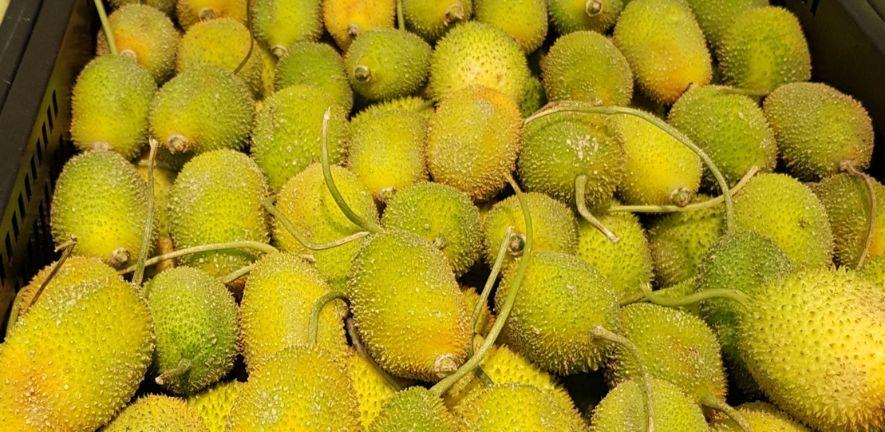
An interdisciplinary exchange between Dr Alexander Weide and Dr Nadia Radzman, who discussed how knowledge of neglected crops can be leveraged to benefit modern food systems.
Please find Dr Radzman's slides here.
Please find Dr Weide's slides here.
Speakers:
- Dr Alexander Weide Assistant Professor in Environmental Archaeology, Department of Archaeology, University of Cambridge
- Dr Nadia Radzman Research Associate Sainsbury Laboratory, University of Cambridge
Archaeobotany studies the development of prehistoric and historic agriculture, shedding light on useful plants and crops of the past that are now forgotten or neglected. Among these are various cereals, pulses, and other plants that were once cultivated but lack modern domesticated descendants.
Plant biology on the other hand deals with modern commodity crops with less emphasis on neglected crops. To build a resilient food system, it is essential to diversify beyond these staples and rehabilitate neglected crops. Yet, systemic limitations within the food system must be addressed.
Lunchtime Conversations are interdisciplinary exchanges designed to inspire new thinking about global food security and food system resilience. Our speakers will discuss their research, followed by a Q&A with the audience.
Open to all staff and students; you are welcome to join and contribute to the discussion, whatever your area of expertise!
For further information please mail Francesca Re Manning.
Lunchtime Conversations homepage

